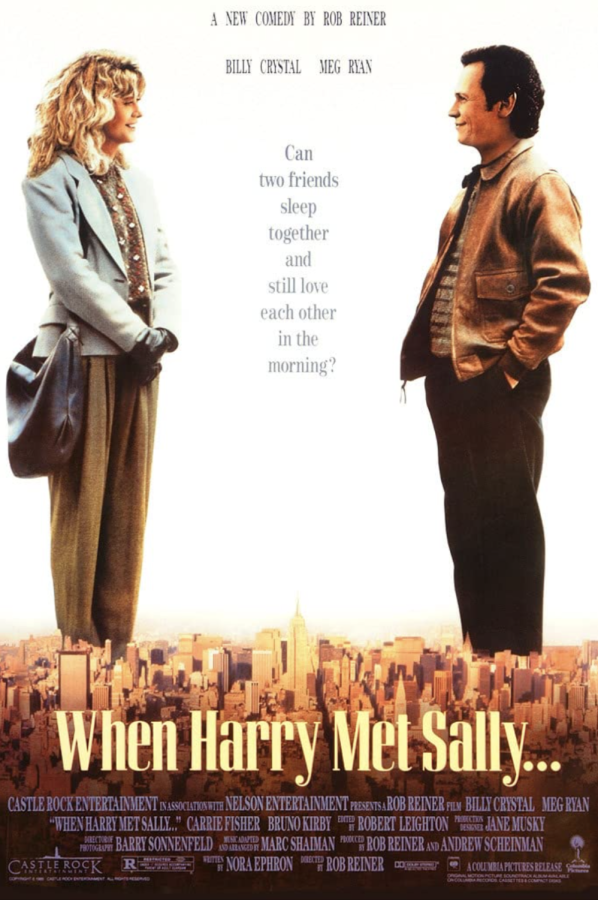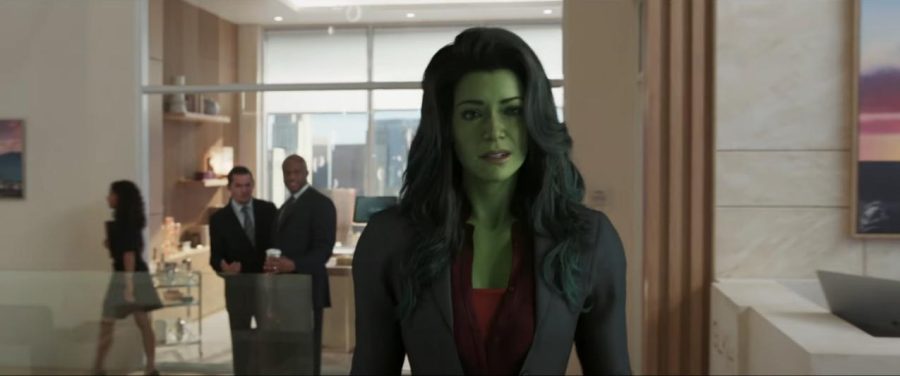
“Mr. Robot” is cold, treacherous and most of all, sharp. Season one of the show sets up what is bound to be a fully realized story. Overall, the first season is a great example of how restraint is effective with television. Every episode matters, and there is no room for fluff.
The first season of “Mr. Robot” completely floored me, as it featured incredible writing, cinematography, editing, a great score and a story that is relevant in today’s culture. The show documents the mental decline of a reclusive hacker, and the world-changing revolution that he gets caught up in.
The show’s opening title cards feel dramatic and nostalgic. The dominating sound, bold fonts, and wide angles in these sequences point to the sheer scope of the story’s plot. Some scenes are almost uncomfortable in their aesthetic and emotional weight. The show’s lack of subtlety lends to its camp factor as it references various time periods. While this is clearly a show set in the present, it still feels like it could be about a hacker from the 80s, or a businessman from the 90s climbing up the corporate ladder.
Silly cultural references are usually outfitted with a corresponding track (Neil Diamond’s “If You Go Away,” and “Love on a Real Train” by Tangerine Dream are two examples) that seemingly has no place in the show, considering its mostly electronic score. Such soundtrack glitches give the show unexpected bursts of fun – I didn’t know whether to expect grand operatic chords, a tense electronic song or a piano concerto.
“Mr. Robot” creates unrelenting stress in the viewer. Show creator Sam Esmail strictly follows the rule of thirds so the characters’ current position in their power struggle is always shown through framing. The surgical cleanliness of the shots themselves leaves nothing up for interpretation.
The show’s biggest draw is its personal drama. Major themes of depression, anxiety and childhood trauma culminate in Elliot Alderson (Rami Malek), who is the main character. Eliot spends his days snorting morphine, revealing people’s crimes through hacking, and working at Allsafe, a cyber security company.
The world-building feels heavy handed at times – the major corporation in the show is “Evil Corp,” and Eliot explains that he’s programmed himself to see or hear those words whenever he sees the sign for “E Corp” – but there’s certainly no room for confusion as to who the enemy is.
The major players in the show all represent different ways of tackling internal demons. Mr. Robot himself is an unhinged, unpredictable character who acts as a mentor to Alderson. Mr. Robot’s main goal is to take down the system through any means necessary, even murder. He brings together a team of talented hackers called “fsociety” who plan to dissolve Evil Corp and release everyone from debt.
Confronting “fsociety” are Tyrell Wellick (Martin Wallström) and his wife, Joanna (Stephanie Corneliussen). They are a manipulative duo obsessed with acquiring total control of Evil Corp and by extension, the world. While Mr. Robot will do anything to uproot the system, Wellick will do anything to sustain it.
Angela Moss (Portia Doubleday) is a disgraced Allsafe employee constantly at odds with Evil Corp. She, however, fights the system through lawful means rather than the secretive, backdoor methods of Tyrell and Mr. Robot. Moss is interesting simply because she is the only one attempting to solve an issue within the system by using it to her advantage.
Shayla Nico (Frankie Shaw), Eliot’s drug dealer, exemplifies the good that can exist within a constraining society. She’s proof that there can be happiness in a terrible system. Nico lends a genuine human element to the show’s multiple vantage points. She doesn’t want to change anything. She just wants to live. The show’s other characters all have clear-cut goals, but Shayla’s only mission seems to be to stay alive and stay happy.
The diverse cast of characters is a vital part of the show as it reveals both how Evil Corp affects certain people and how individuals will exploit a system in order to get what they want. By having multiple characters with different strategies for tackling the creature that is Evil Corp, “Mr. Robot” depicts the myriad ways in which corporations affect people.
The show implicates the viewer with many perspectives, as if asking its spectators where they stand. Are you the power hungry business magnate? Or do you want to bring down the system with its own code? Are you willing to blow it all up? Or would you rather watch it crumble slowly? What would you do to free yourself from debt? And how would you start over with nothing?
“Mr. Robot” is a show of questions, and these questions aren’t just there to make the show better, they’re there to ask you – who are you underneath that mask you put up?
James Davis can be reached at [email protected].



















Mr Roboto • Sep 21, 2015 at 3:24 pm
A most compelling show, right up there with The Americans and Tyrant.